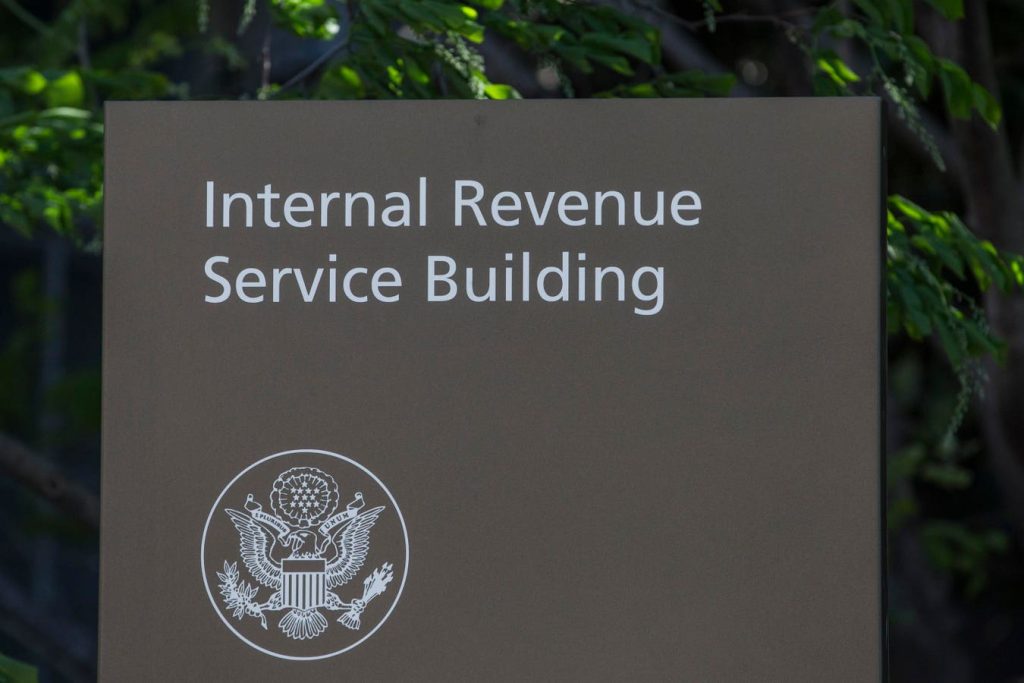A recent case in the United States District Court for the Eastern District of New York highlights the consequences of failing to file international information returns. In Kish v. U.S., the IRS initiated an examination of a couple’s 2020 tax year, which expanded to include older tax years due to foreign activities. The court ruled in favor of enforcing summonses issued by the IRS to gather more information, despite the taxpayers’ claims of identity theft. This case serves as a reminder of the IRS’ broad investigatory powers and the importance of complying with international information return filing requirements.
Taxpayers with foreign assets must adhere to international information return filing requirements to avoid significant civil penalties and the risk of an extended statute of limitations for additional taxes. Routine IRS audits can uncover undisclosed foreign assets and unreported income, leading to an expansion of the audit scope to older tax years. The recent case in the Eastern District of New York demonstrates how the failure to file required information returns can result in costly consequences, including possible civil penalties.
The Kish case involved an audit that expanded from the initial 2020 tax year to as far back as 2011 due to the discovery of foreign activities. The IRS requested in-person interviews with the taxpayers, who responded by submitting an identity theft affidavit and filing a lawsuit against the government to challenge the summonses. Despite their claims, the court ruled in favor of enforcing the summonses, emphasizing the IRS’s right to conduct investigations related to potential tax liabilities and civil penalties.
The IRS’ burden to enforce a summons under the Powell standard is described as “minimal,” with the agency only needing to show evidence of compliance with certain factors. In the Kish case, the court determined that the summonses should be enforced because the IRS had met its minimal burden under Powell, reinforcing the agency’s broad investigatory powers in relation to international information returns. The court’s decision highlights the importance of complying with IRS requests and regulations to avoid penalties and potential legal challenges.
The scope of the IRS audit in the Kish case extended to very old tax years due to the failure to file required international information returns. The court ruled in favor of enforcing the summonses issued by the IRS, emphasizing the agency’s legitimate purpose in investigating potential tax liabilities and civil penalties. Taxpayers are reminded of the importance of timely filing international information returns to prevent costly consequences and prolonged statute of limitations for additional taxes.
In conclusion, the recent case in the Eastern District of New York emphasizes the importance of complying with international information return filing requirements to avoid significant civil penalties and extended statute of limitations for additional taxes. The court’s decision to uphold the IRS summonses in the Kish case serves as a reminder of the agency’s broad investigatory powers and the consequences of failing to file required information returns. Taxpayers with foreign assets should be aware of their obligations under international tax laws and take necessary steps to avoid costly penalties and legal challenges.













